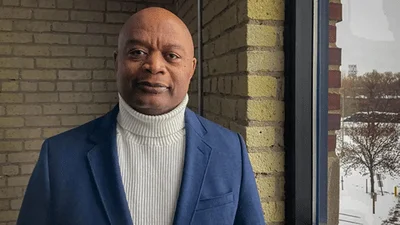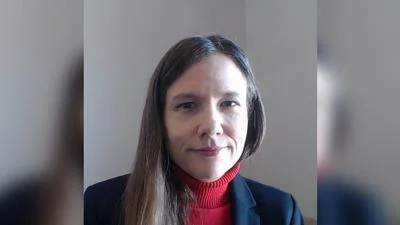Florence Township issued the following announcement on Jan. 28.
FREQUENTLY ASKED QUESTIONS REGARDING PFOA LEVELS
1. Is our water safe to drink?
Yes, Florence Township immediately began testing our wells to locate the cause of the elevated PFOA results. We have identified the wells with the higher levels and took them offline immediately.
2. Should I be drinking bottled water?
That is up to each individual; please remember bottled water is not regulated like public drinking water. At this time, the EPA is not recommending bottled water for communities based solely on concentrations of these chemicals in drinking water that exceeded the health advisory limits. Please refer to EPA site: https://www.epa.gov/.../questions-and-answers-drinking...
3. I know they turned off the contaminated wells, but isn’t the damage already done?
The current source of water is under the state standard and in compliance. We have been testing since 2020 and our results were under the state regulations until the testing in late summer 2022. New Jersey adopted a standard, or MCL, for PFOA in 2020 and monitoring began in 2021. For more information, see https://www.nj.gov/dep/watersupply/pfas/
4. How do we know which wells supply which properties, since all the wells weren’t contaminated?
We have identified the wells with the higher levels and took them offline immediately. The wells currently supplying the system are currently under the state standard and supply water to all residents/businesses.
5. Do I need a whole house filter? Don’t these chemicals also get absorbed through the skin when I shower or bathe my kids? What about brushing my teeth?
That is up to each individual, The current source of water supplied to our residents/businesses is in compliance with the state standards. Please refer to the EPA site: https://www.epa.gov/pfas/pfas-explained
6. Can you even filter out PFOAs?
Yes, at the municipal level there are treatment systems to eliminate PFOA’s. We are working with our Water Engineer to determine the best treatment for the township. We will be exploring different funding options (grants, etc.) for the treatment systems. Home water treatment devices are available that can reduce levels of PFOA. If a water treatment device is used, it is important to follow the manufacturer's guidelines for maintenance and operation. For more specific information regarding the effectiveness of home water filters for reducing PFOA, visit the National Sanitation Foundation (NSF) International website, http://www.nsf.org/. [NSF does not certify reduction of PFOA to the NJ MCL for PFOA.]
7. Why did it take 3 weeks for the test results, and another month to be notified?
Lab analysis and reporting takes time. As soon as we received the test results, we immediately tested the wells and took off the source of elevated PFOA’s. All notifications were done within the NJDEP guidelines. Letters were sent to all property owners who use our water system. We also notified residents through social media.
8. Why did we only start testing in 2021?
New Jersey adopted a standard, or MCL, for PFOA in 2020 and monitoring began in 2021.The test results of a high reading are based on a running annual average. We have been testing since 2020 and our results were under the state regulations until late summer 2022.
9. What does it mean to our health for our water to be over the limit of .014?
Please refer to the EPA site: https://www.epa.gov/pfas/pfas-explained
10. Can PFOA’s be found in any material/items other than water?
Yes, PFOA can be present in soil, air, and food as well as in materials found in our homes or work places. Some examples are food packaging including grease-resistant paper, fast food containers/wrappers, microwaveable popcorn bags, candy wrappers, etc. Household products include, but are not limited to, stain and water repellent used on carpets, upholstery, some clothing, some cleaning products, non-stick cookware, paints, varnishes and sealants. Personal care products include, but are not limited to, some shampoos, dental floss and cosmetics.
If you have any additional questions, please contact David Lebak at (609) 499-2518.
https://florence-nj.gov/departments/water-sewer/
Any comments or questions can be sent to:
comments@florence-nj.gov
Original source can be found here.




 Alerts Sign-up
Alerts Sign-up